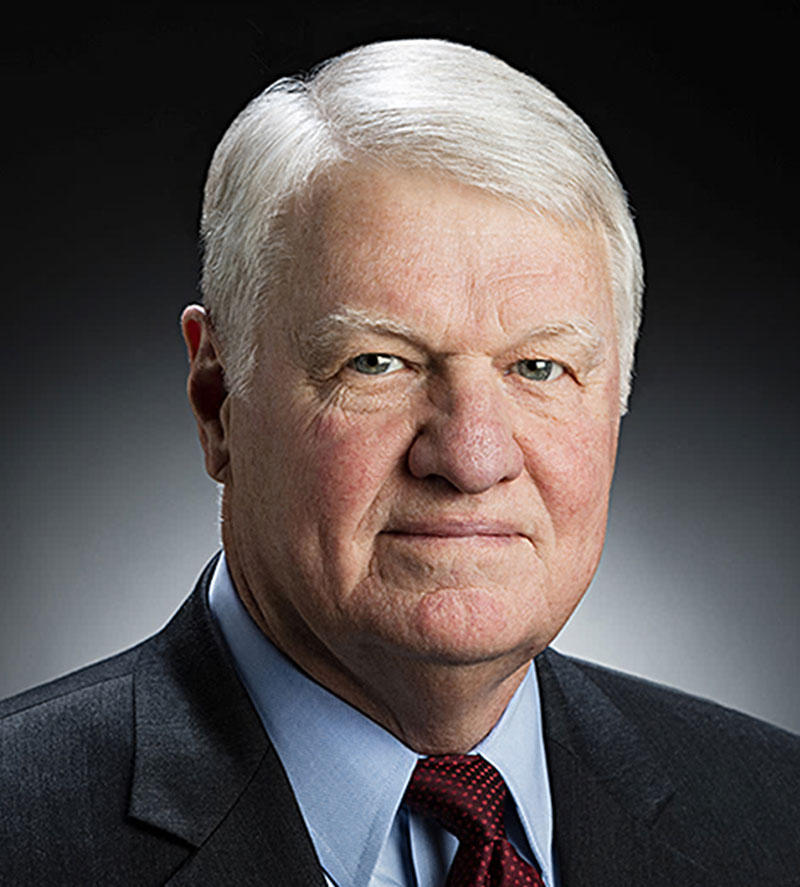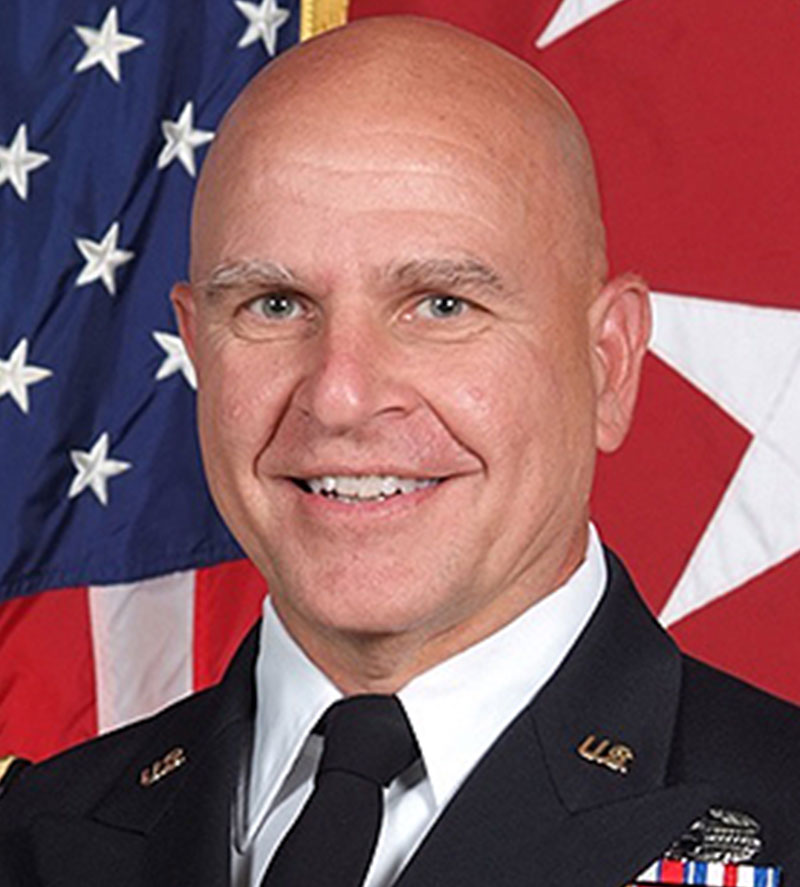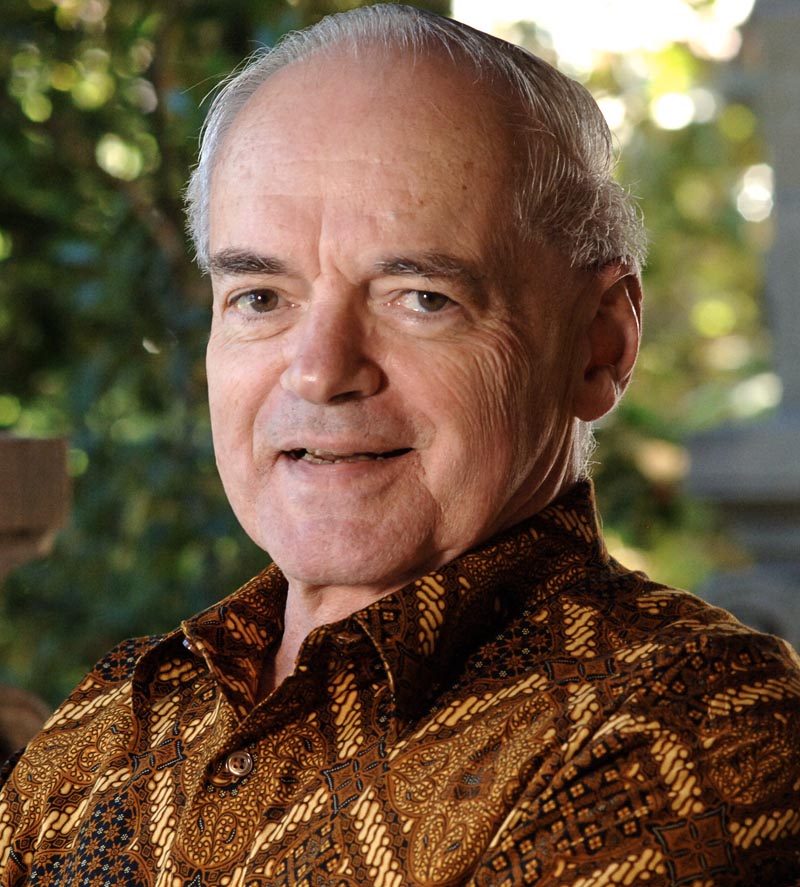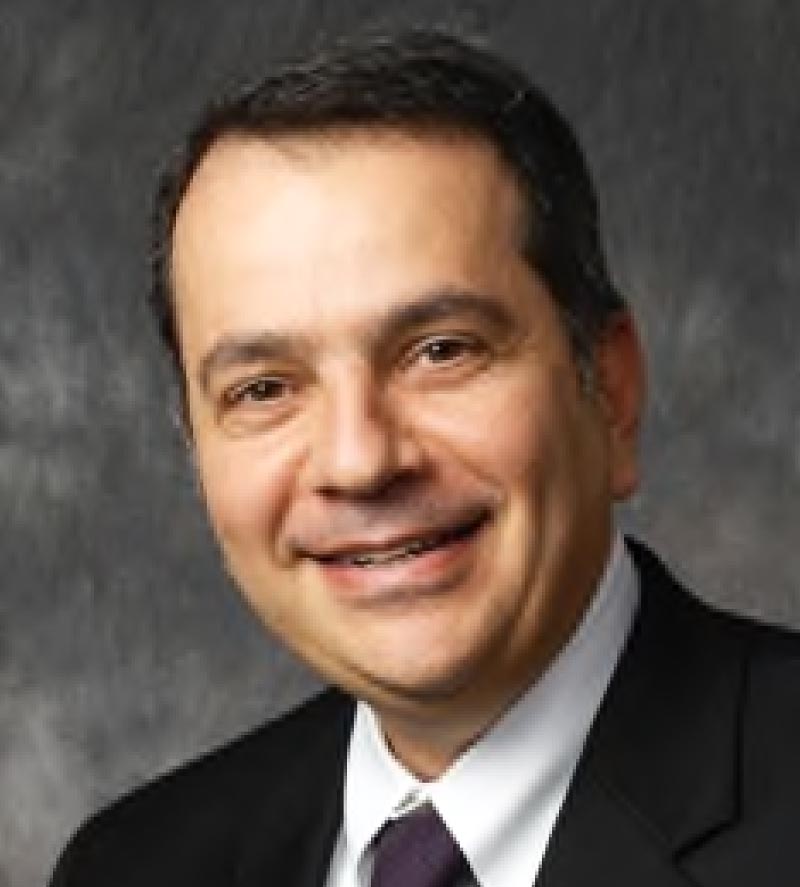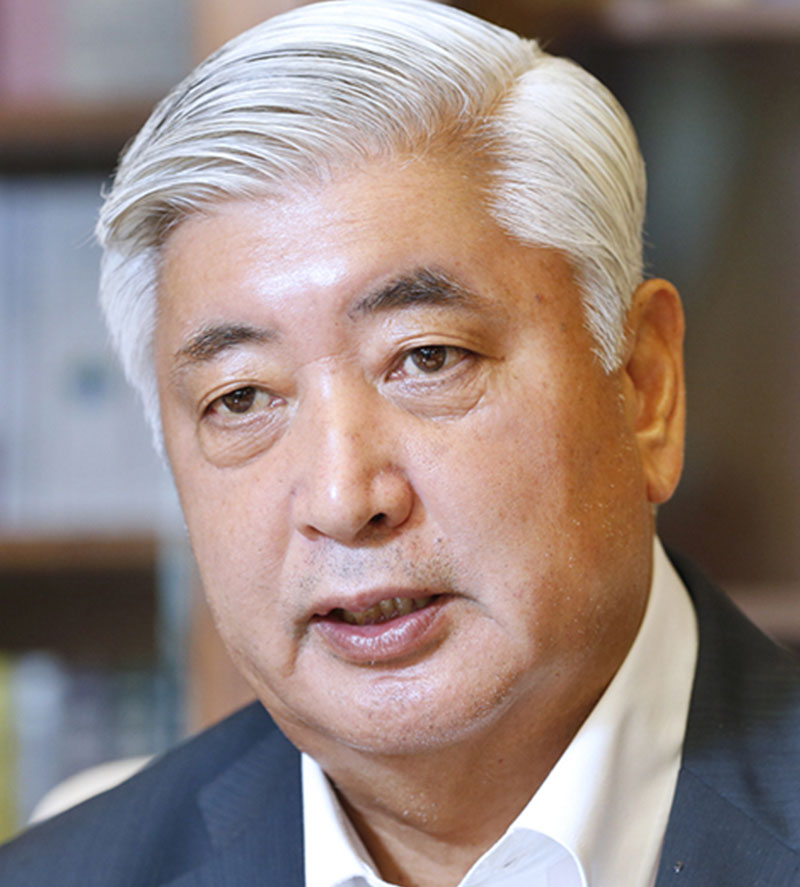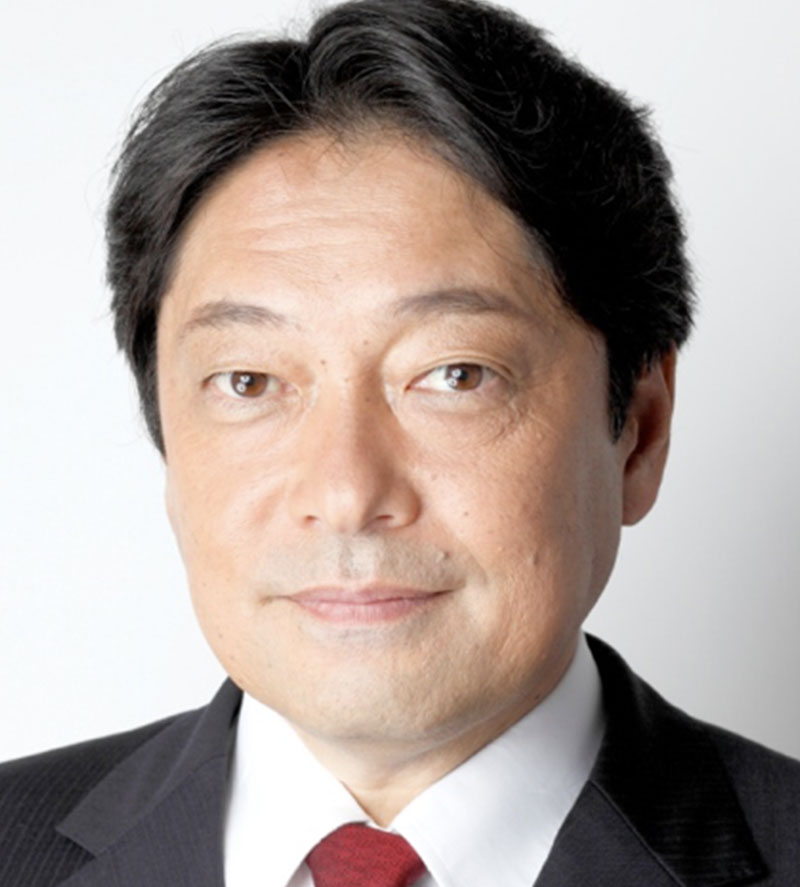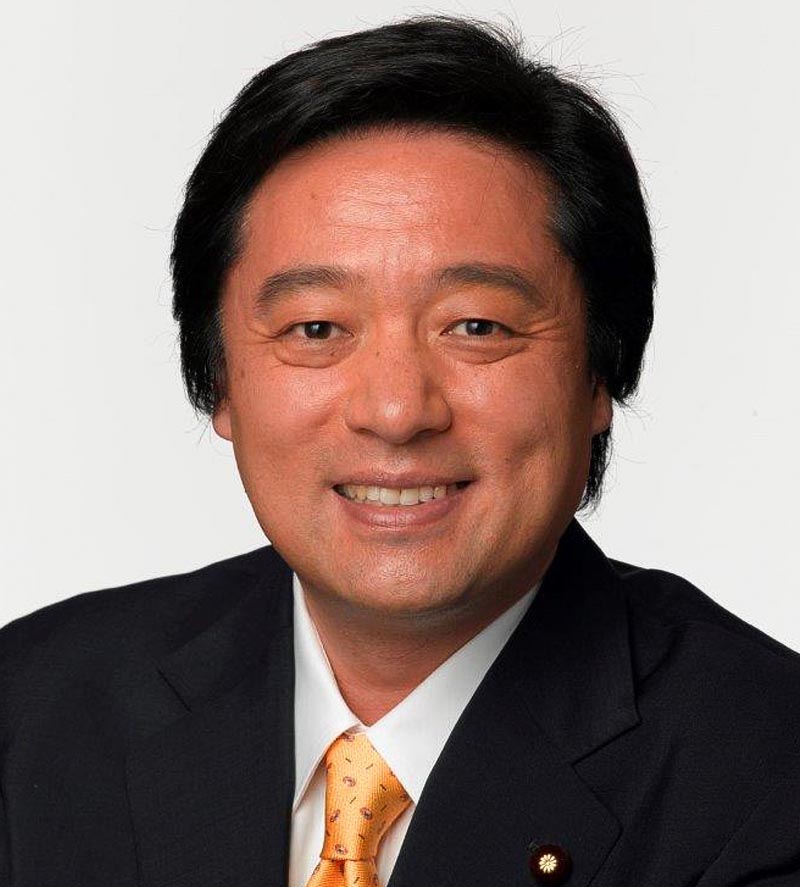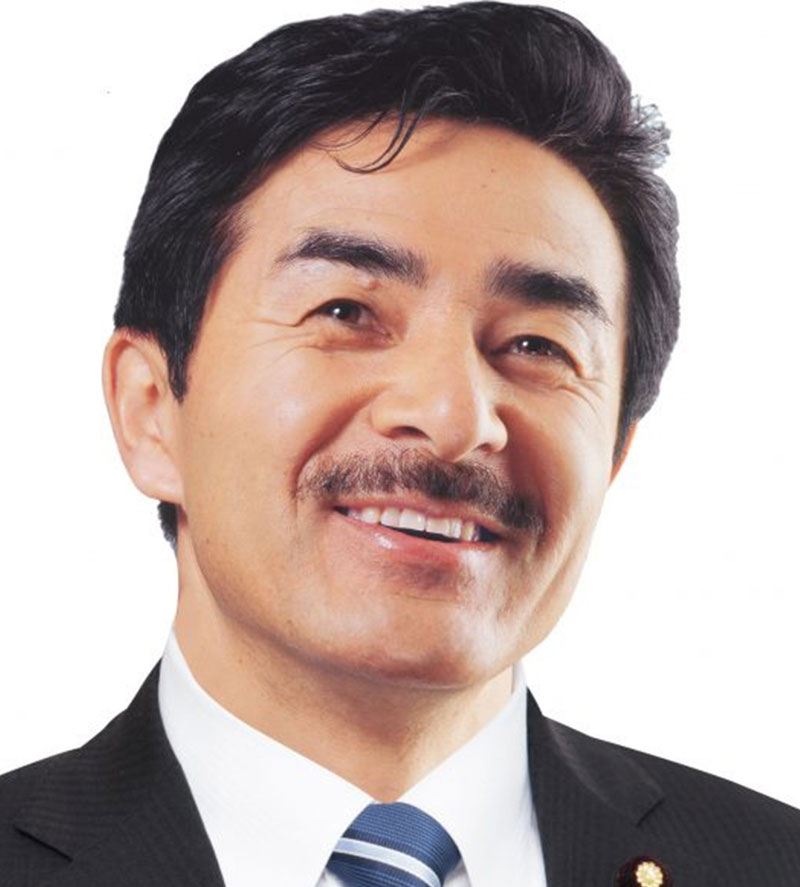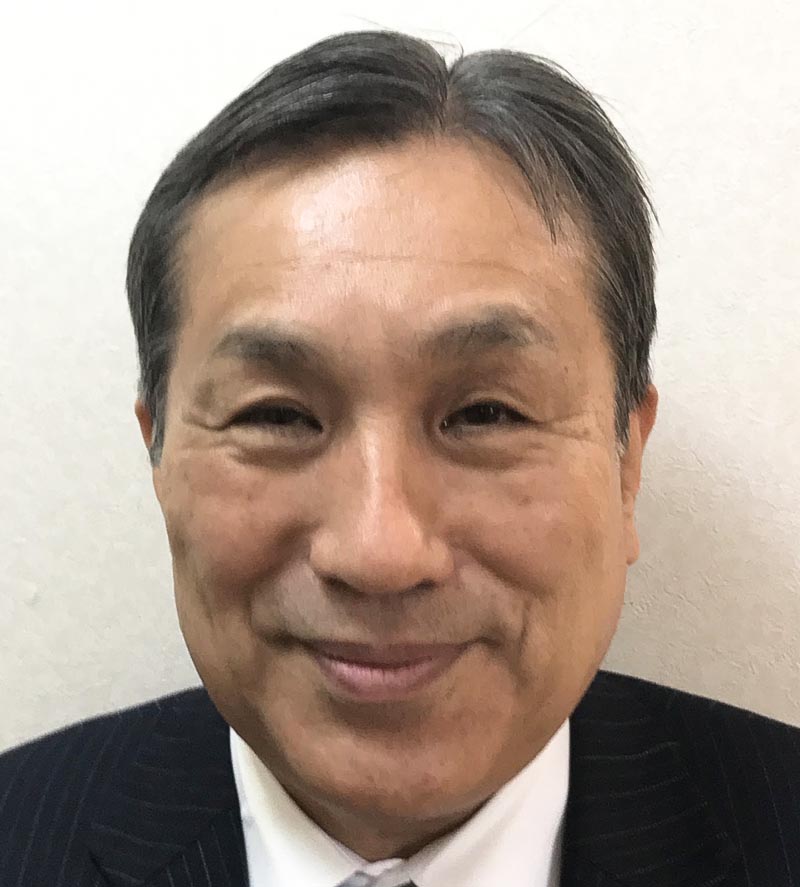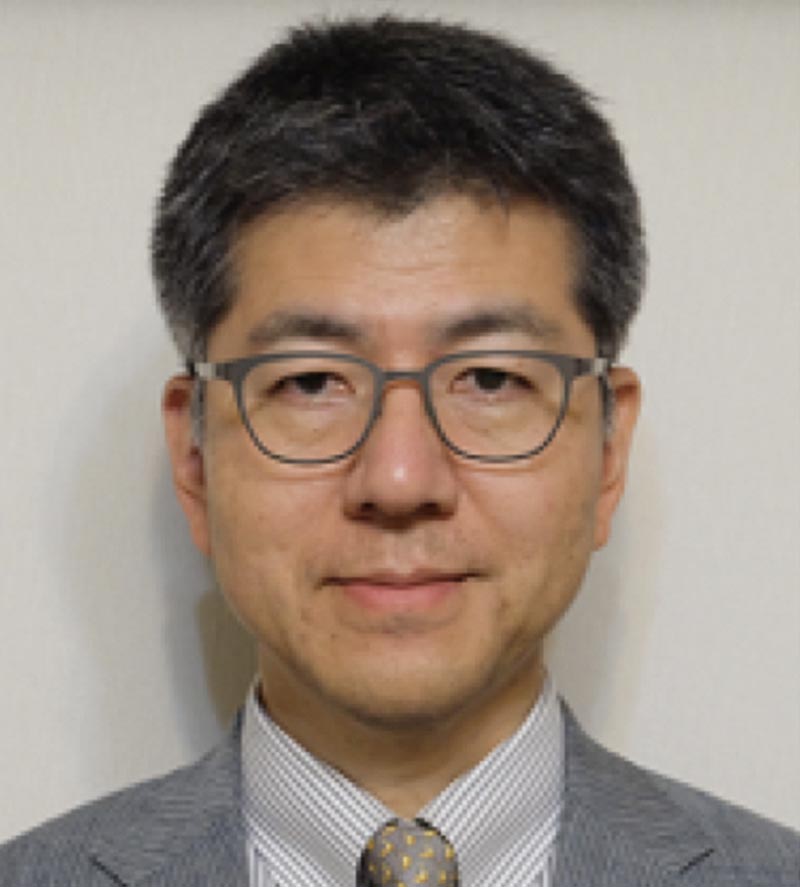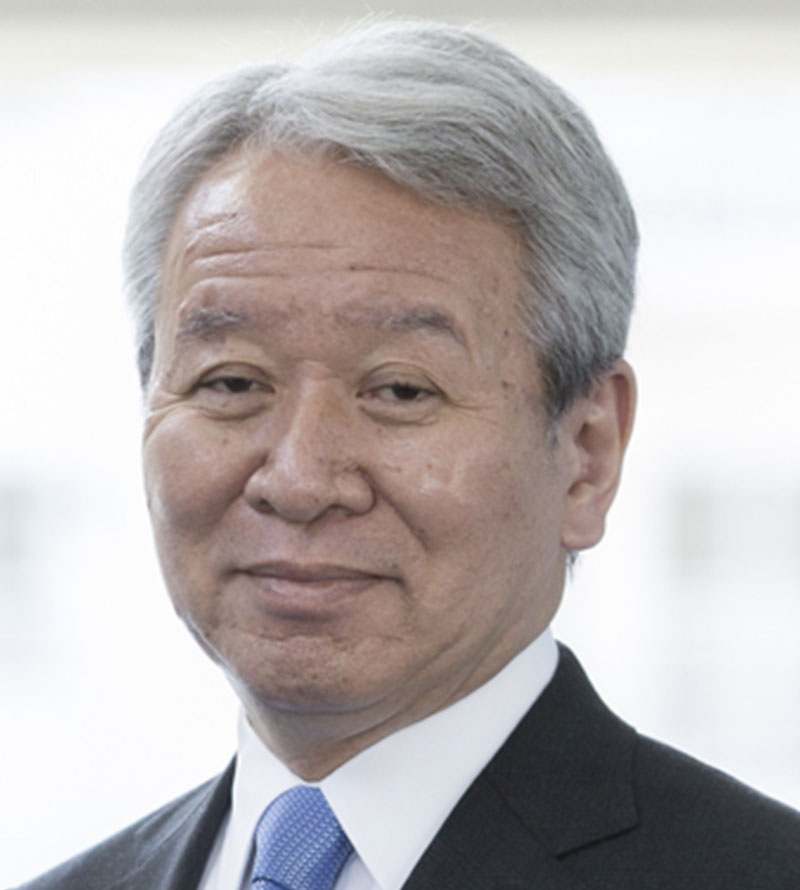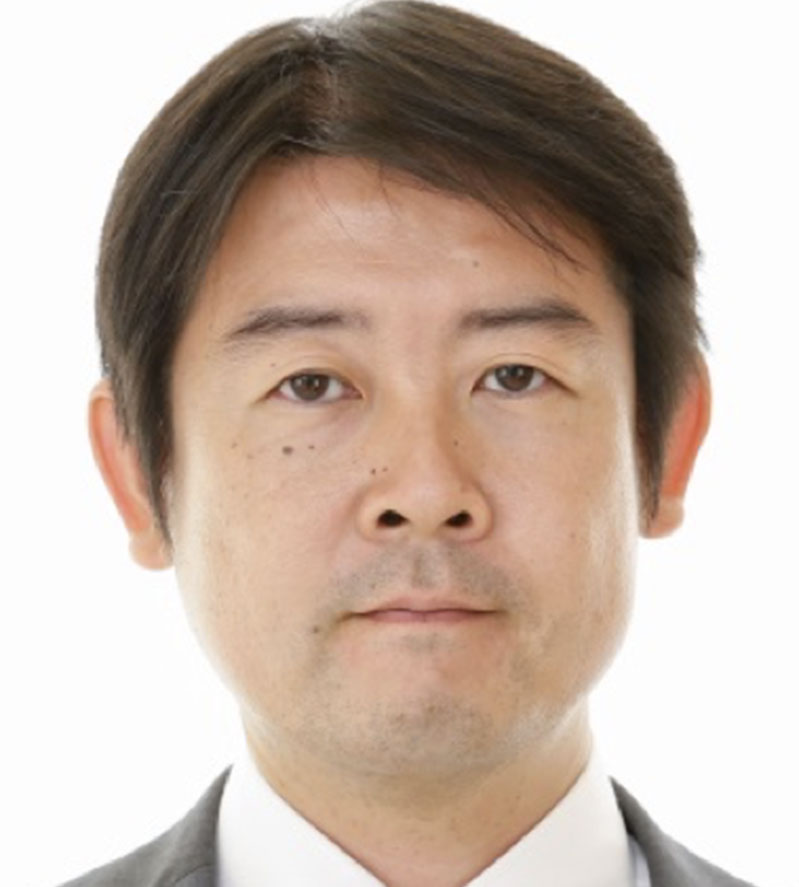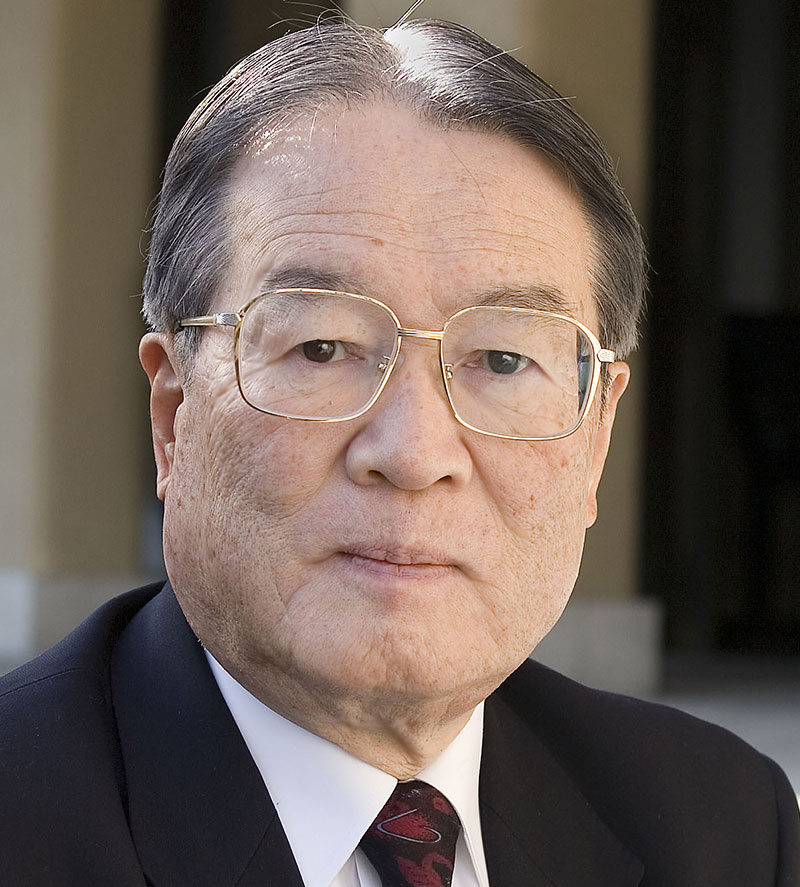At Stanford, in addition to his work for the Southeast Asia Program and his affiliations with CDDRL and the Abbasi Program in Islamic Studies, Donald Emmerson has taught courses on Southeast Asia in the International Relations and International Policy Studies Programs, in the Department of Political Science, and for the Bing Overseas Studies Program. He is also active as an analyst of current policy issues involving Asia. In 2010 the National Bureau of Asian Research and the Woodow Wilson International Center for Scholars awarded him a two-year Research Associateship given to “top scholars from across the United States” who “have successfully bridged the gap between the academy and policy.”
Emmerson’s policy concerns run from specific issues such as sovereignty disputes in the South China Sea to broad questions involving China-Southeast Asia relations, the American “rebalance” toward Asia, and the future of the Association of Southeast Asian Nations (ASEAN). Still more abstract are his interests in the contrasting epistemologies of political science and area study regarding Southeast Asia and in the paradigmatic implications of uncertainty in world affairs. His keynote speech to the 2011 Australian Political Studies Association’s convention, for example, dealt with “Crisis, Uncertainty, and Democracy: Black Swans, Fat Tails, and the Futures of Political Science.”
Emmerson’s recent publications include: “Facts, Minds, and Formats: Scholarship and Political Change in Indonesia” in Indonesian Studies: The State of the Field (2013); “Is Indonesia Rising? It Depends” in Indonesia Rising (2012); “Southeast Asia: Minding the Gap between Democracy and Governance,” Journal of Democracy (April 2012); “The Problem and Promise of Focality in World Affairs,” Strategic Review (August 2011); An American Place at an Asian Table? Regionalism and Its Reasons (2011); Asian Regionalism and US Policy: The Case for Creative Adaptation (2010); “The Useful Diversity of ‘Islamism’” and “Islamism: Pros, Cons, and Contexts” in Islamism: Conflicting Perspectives on Political Islam (2009); and “Crisis and Consensus: America and ASEAN in a New Global Context” in Refreshing U.S.-Thai Relations (2009). His analyses of current events since 2009 have been carried by Asia Times Online and the East Asia Forum among other outlets.
Earlier writings include Hard Choices: Security, Democracy, and Regionalism in Southeast Asia (edited, 2008); “ASEAN’s ‘Black Swans,’” Journal of Democracy (July 2008); “Southeast Asia in Political Science: Terms of Enlistment,” in Southeast Asia in Political Science: Theory, Region, and Qualitative Analysis (2008); “Challenging ASEAN: A ‘Topological’ View,” Contemporary Southeast Asia (December 2007); “From State to Society? Democracy and Regionalism in Southeast Asia,” in The Inclusive Regionalist (2007); “One Nation under God? History, Faith, and Identity in Indonesia,” in Religion and Religiosity in the Philippines and Indonesia: Essays on State, Society, and Public Creeds (2006); “Shocks of Recognition: Leifer, Realism, and Regionalism in Southeast Asia,” in Order and Security in Southeast Asia: Essays in Memory of Michael Leifer (2006); and “Garuda and Eagle: Do Birds of A (Democratic) Feather Fly Together?” Indonesian Quarterly (2006). Other publications, authored or edited, span some 20 books and monographs and more than 200 articles, chapters, and shorter pieces.
Activities in 2011–12 other than writing included leading a delegation of Stanford graduate students on a field trip to Indonesia; attending the Jakarta International Defense Dialogue and the Congress of Indonesian Diaspora; observing the 6th East Asia Summit in Bali; addressing a futurology conference in Jakarta and a methodology conference in Freiburg; speaking about Indonesia, Southeast Asia, U.S. foreign policy, and global trends in Canberra, Hanoi, Kuala Lumpur, Los Angeles, Paris, Seoul, Singapore, Sydney, Toronto, and Washington, DC, among other places; and being interviewed by media such as the BBC, The Economist, and the Financial Times. Earlier interviewers have included Al Jazeera, National Public Radio, and The New York Times, among many other outlets.
Since coming to Stanford in 1999, Emmerson has taken part in numerous policy-related working groups focused on topics such as U.S. policy toward Southeast Asia, regionalism in East Asia, democratization in Asia, Indonesian political economy, and the future of Myanmar (Burma). A National Commission on U.S.-Indonesian Relations that SEAF co-sponsored in 2003 led to Congressional hearings and an executive-branch initiative to assist Indonesian education. Emmerson has also testified before House and Senate committees on Asian affairs and has attended policy-related gatherings such as the Asia Pacific Roundtable (Kuala Lumpur), the Shangri-La Dialogue (Singapore), and the Australian-American Leadership Dialogue (Stanford). In 1999 he helped monitor voting in Indonesia and East Timor for the National Democratic Institute and the Carter Center.
Emmerson serves on the editorial boards of Contemporary Southeast Asia (Singapore), the Journal of Democracy (Washington, DC), and the Journal of Current Southeast Asian Affairs (Hamburg). He is also associated, as a scholar or an advisor, with LinkAsia (LinkTV), the National Bureau of Asian Research, and the U.S. Council for Security Cooperation in the Asia-Pacific, among other organizations. Places where Emmerson has held positions in residence include the Institute for Advanced Study (Princeton), the University of Wisconsin-Madison (where he won a campus-wide teaching award), and the Woodrow Wilson International Center for Scholars.
Emmerson has a PhD in political science from Yale and a BA in international affairs from Princeton. He is fluent in Indonesian, was fluent in French, and has lectured and written in both languages. He has lesser competence in Dutch, Javanese, and Russian. A former slam poet in English, he enjoys the spoken word and reads occasionally under a nom de plume with the Not Yet Dead Poets Society in Redwood City, CA.
Emmerson and his wife Carolyn met in high school in Lebanon. They have two children. He was born in Tokyo, the son of U.S. Foreign Service Officer John K. Emmerson, who wrote the Japanese Thread among other books.
